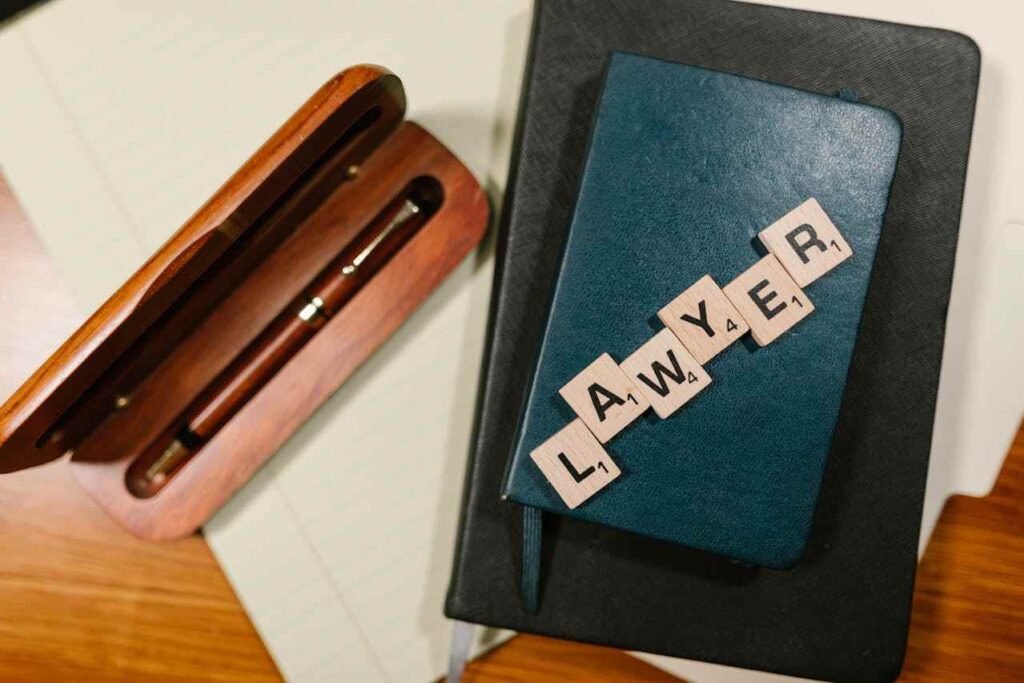Business conflicts are common, including contract disputes, intellectual property issues, shareholder disagreements, and labour disputes.
These conflicts can harm a company’s stability and future. Having the right legal expertise is critical because these disputes usually involve large sums of money, legal confusion, and massive damage to the company’s reputation.
This article will discuss how businesses may efficiently handle complicated disputes with the help of qualified legal experts, what types of conflicts a company may encounter, how legal counsel handles these circumstances, and potential remedies.
Types of Business Disputes
According to the nature of the company and the different activities businesses pursue, a business dispute can take many different forms. Among the more classic kinds of business disputes, we can find:
Contract Disputes
A failure to agree on a contract is an all-too-frequent source of business dispute. Such disputes may result from unclear language, a breach of contract, or failure to carry out contractual duties.
Contract disputes may arise between companies, providers, or even workers and their employers when they disagree on terms of payment or delivery of services.
Shareholder Disputes
Internal strife and friction are inevitable in companies with multiple owners or shareholders. Shareholder disputes typically involve control, profit distribution, who makes decisions, and succession planning.
They are particularly tricky because corporate governance documents such as shareholder agreements, by-laws, and company charters often need to be interpreted.
These types of disputes can get very nasty and, if not correctly handled, can lead to either the collapse or ruin of a whole company.
Employment Disputes
The relationship between workers and their employers is fraught with opportunities for disputes: the right to be free from discrimination, wages, and hour standards that must not slip below minimum levels (for example, an employee taking the company not only hurts their reputation but can lead to public criticism).
All aspects of this conflict of interest must be handled with the utmost care so that long-term damage does not result among a company’s workers, or else the image of the corporate entity is not unfavourably influenced.
Intellectual Property Disputes
Intellectual property is increasingly important in today’s knowledge-based society. Companies are constantly sued over patents, trademarks, copyrights, or trade secrets.
Disputes about intellectual property rights range from accusations of patent infringement to defending against competitors who illegally use a company’s property.
Handling these problems requires extensive knowledge of intellectual property law, the ability to negotiate, and experience with specialised courts in litigation.
Partnership Disputes
Partnerships often have their basis in trust and shared objectives. However, when disagreements arise over directions for the business or management decisions, as well as financial contributions, they can lead to substantial legal conflicts.
Disputes among partners become particularly complicated with more than two parties involved, and the disagreements extend to matters involving several rent aspects, whether both should be equal or not on any profits earned or who takes what role in operating the company.
The Role of Legal Expertise in Business Disputes
Corporate fraud solicitors in London specialising in business law are advantageous and essential.
With access to skilled experts at their side, companies involved in business disputes can prevent or manage these conflicts—and even resolve them entirely through mediation if required.
Here are some of the many ways that legal specialists work on behalf of business entities involved in disputes:
Early Identification and Prevention
Experienced attorneys can help identify potential legal risks that are about to go off the scale.
By scrutinising contracts, agreements, and business practices, legal experts can indicate where they might lead to conflict down the line.
Fast-moving disputes and the resulting loss of time, money, and reputations might be avoided with early intervention in the form of legal counsel.
Negotiation and Settlement
Negotiation is a highly effective method for resolving business disputes. Legal professionals guide clients through productive discussions to reach an agreement that avoids litigation costs.
This is useful for maintaining intact business relationships like joint venture partners, stock company shareholders, and long-term clients.
By utilising their legal expertise, lawyers can achieve a fair settlement, avoiding the negative impact of a lengthy lawsuit on a business’s operations and public image.
Litigation Support
Business disputes often require legal action, often as a last resort. An experienced attorney can guide proceedings and help navigate civil or specialised courts, such as intellectual property or securities law.
Advocates with courtroom experience understand the tricks of tipping a case, managing evidence, plying witnesses, and arguing clients’ cause to a judge.
They also appreciate the delicate court procedures and timetables, ensuring a smooth and efficient case.
Alternative Dispute Resolution (ADR)
Businesses are increasingly adopting alternative dispute resolution (ADR) methods like mediation and arbitration, offering a flexible, less expensive, and timely alternative to traditional litigation.
Legal professionals can assist businesses in determining the appropriateness of ADR and representing their clients’ interests.
Mediation involves a neutral third party, while arbitration requires an arbitrator to issue a final verdict after hearing arguments. Competent counsel should guide businesses through these channels.
Strategies for Effective Dispute Resolution
While corporate fraud solicitors in London are key, businesses can also adopt ways to build efficient dispute resolution.
These approaches help minimise disputes’ adverse effects on the company and its constituents.
Clear Contracts and Documentation
Establishing the basis for avoiding disputes often depends on having clear, carefully drawn contracts. These contracts should set out the parties’ expectations, obligations, and rights; both sides must agree.
Having legal counsel draft or review contracts will ensure that there are no uncertain points liable to give rise to misunderstandings or disputes later on.
In addition, maintaining thorough records of communications, resolutions, and agreements throughout a business relationship can be valuable evidence if a dispute arises.
Open Communication and Transparency
In open communications, one can be an influential factor in stemming early disputes.
Upholding a level of dialogue that allows for issues and anxiety points to be aired forthrightly and discussed can help prevent them from spilling over into full-blown disputes.
The approach benefits partnerships, shareholders, or employees, where misunderstandings and unrealised expectations often lie behind disputes.
Collaborative Approach to Resolution
Many successful dispute resolutions are not aggressive because they involve working together. They can achieve a result that benefits everyone involved.
Focusing on shared interests and seeking a solution satisfying all parties, it is no surprise that businesses often resolve disputes without requiring protracted and costly litigation. In matters of nature, conflicts become one.
Collaborating helps business relationships persist in the critical and fighting spirit of clients, partners, or employees.
Conclusion
The most important thing is a good understanding of the law and the ability to handle emotions and financial aspects such as conflict.
Legal expertise is crucial in seeing enterprises through these tough times, from early prevention to final resolution. With the help of skilled attorneys to obtain professional knowledge, businesses can protect their interests, settle disputes expeditiously, and continue thriving in an increasingly competitive market.
Whether via negotiation, litigation, or alternative dispute resolution, correct legal guidance cannot be emphasised enough when aiming for a satisfactory result.
Also Read : Understanding the role of a sexual offence solicitor







